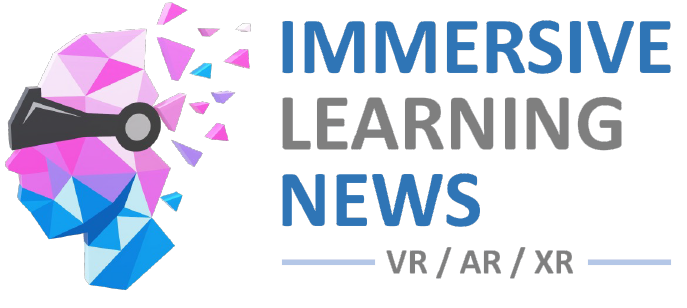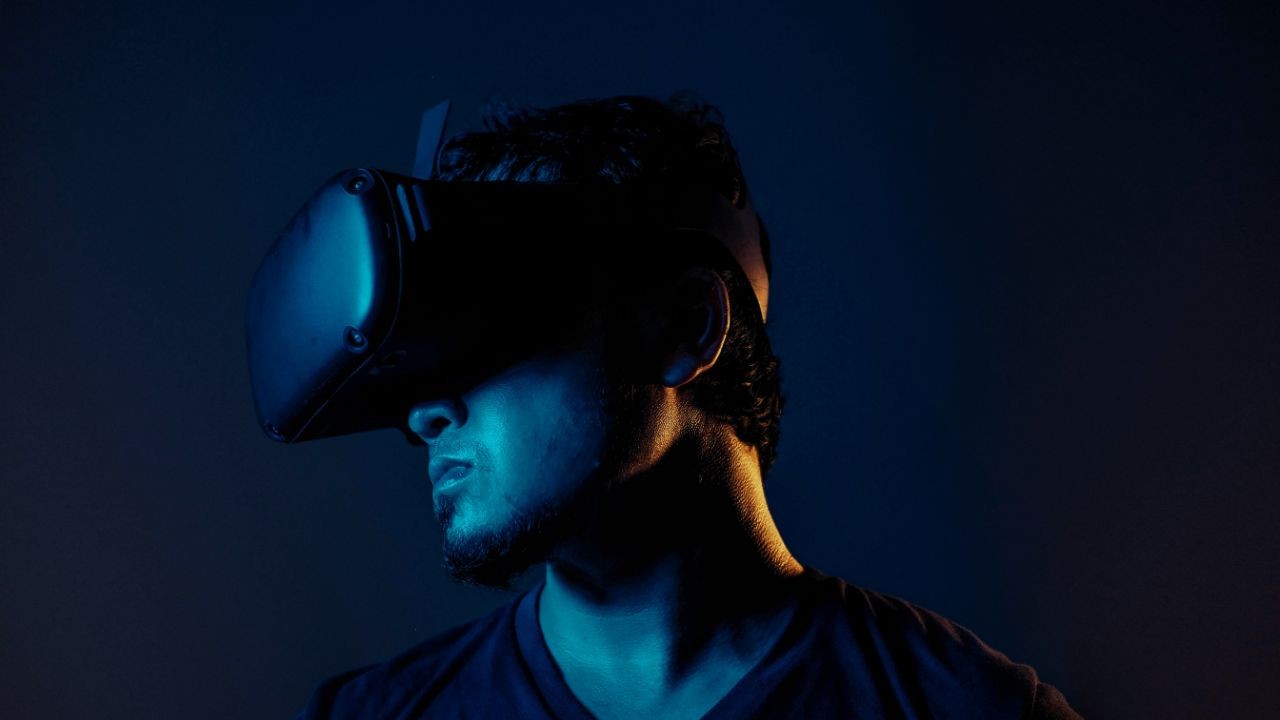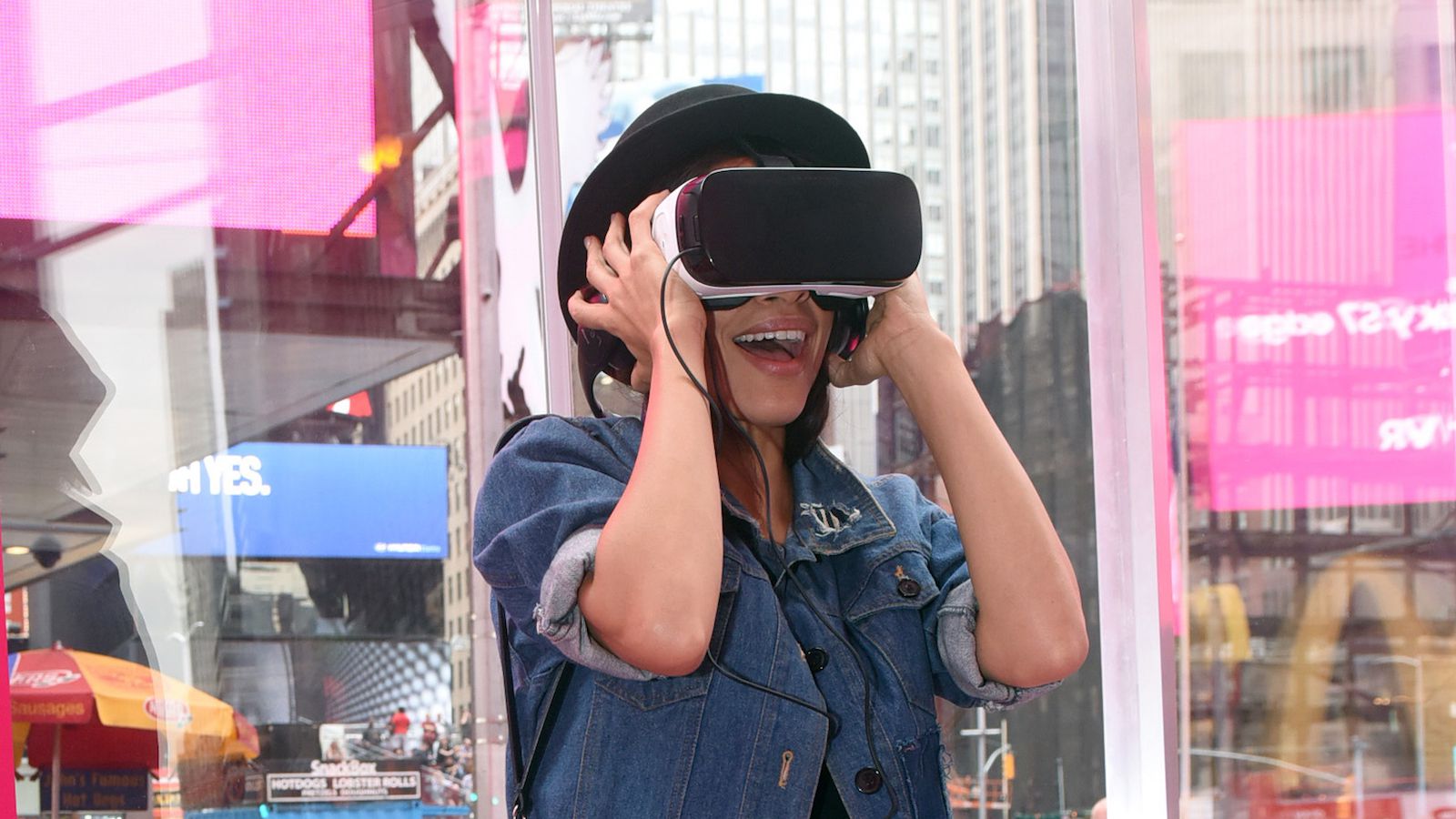Banking firm Jeffries predicts that the metaverse will “cause the biggest disruption to human life ever seen.” At the same time, Meta, (formerly Facebook), budgeted to spend $10 billion in the last year alone for building parts of the metaverse including augmented reality (AR), virtual reality (VR), and artificial intelligence (AI).
The metaverse seems set to reshape the world of work in at least four major ways: New immersive forms of team collaboration, the emergence of new digital, AI-enabled colleagues, the acceleration of learning and skills acquisition through virtualization, and gamified technologies. But while investments in the metaverse have thus far primarily focused on gaming, the pandemic has made clear the technology’s ability to transform the workplace, too.
As new variants of the coronavirus force employees in a range of industries to stay out of the office, the metaverse could eventually be used for tasks like onboarding, providing workers a safe way to train remotely.
A separate PricewaterhouseCoopers survey predicts that nearly 23.5 million jobs will use AR and VR by 2030 for training, work meetings, or customer service.
What can hoteliers do to leverage the metaverse?
In virtual reality you can be placed into virtual roleplay scenarios that can be accessed on-demand. This can be used for everyday activities like learning a new language, practicing a new skill, improving your communication skills, even learning piano.
The metaverse is an excellent place to practice encountering people and responding to different social situations. So for hoteliers, it’s a perfect place for a concierge to practice, for example, acting as a client to see how they experience things. Staff could learn the language and culture of your guests. You could offer virtual tours of your city.
The metaverse can also be used for wellness. While audio-based mindfulness apps such as CALM are great, the immersive nature of VR means that you can be transported to a relaxing environment or taken on a computer generated virtual trip to help you relax even more. One of the benefits of VR is that the headsets block out the real world meaning that your senses are tricked into thinking you are actually in a tranquil field or by the ocean as a mindfulness track plays.
Virtual reality role-play exercises and simulations will become common, enabling worker avatars to learn in highly realistic, “game play” scenarios. “If you’re onboarding 10 new colleagues and show or give them a PDF document to introduce your company, they will lose concentration after 10 minutes. What we do instead is have them walk along a 3-D hall or gallery, with 20 interactive stands, where they can explore the company,” says Derek Belch, Founder and CEO of STRIVR, “You make them want to walk the virtual hall, not read a document.”
Real World Examples
We now have an idea of the potential behind the metaverse, but what does that look like when applied today? One example is STRIVR. STRIVR is creating software that enables customers to build VR training programs centered on health and safety and customer service coaching. In 2018, Walmart announced that it would team up with Strivr to buy Oculus Go VR headsets to train employees at its retail outlets to practice a new online order pickup station before it launched in stores.
And that’s just one example. Others are Talespin, which raised 15M$ to provide training to employees, or Interplay (raising$18 million), or Osso ($27 million). And there’s Microsoft’s Mesh for Teams, taking the classic Microsoft Teams into meeting metaverse.
The Challenges
Of course, the metaverse is still a young technology with bugs to work out. Below are some of the challenges we currently face.
One issue is the transferability of skills. Just because a skill is learned in one virtual world, platform, or business, does not necessarily mean it will be useful or adaptable to another. Related to this is the concept of not going all-in early on. We learned during the pandemic that fully isolated remote working from home didn’t work. Instead a hybrid solution is optimal. In a similar manner, utilizing the metaverse must be done in tandem with real-world and digital methodologies.
Another issue is openness. To full harness the power of this movement for workers, enterprises must not only guard against efforts to control or dominate the metaverse, but must actively seek to extend and open it up even further, for example by pursuing open-source standards and software when possible, and by pushing for “interoperability” — seamless connections — between different virtual worlds.
Further challenges include privacy, safety, and exclusivity, especially when related to training future staff. For example, a recent ExpressVPN report found that, among the remote and hybrid workers, 59% felt anxiety as a result of their employer monitoring them. If the metaverse is leveraged for the workplace of a hotel, decision makers must be sure to respect staff’s privacy.
Finally, there’s the issue of cost. Even if, as technology matures, prices decrease, the current headset cost is still $300, making it cost-prohibitive for many businesses.
What Lies Ahead
Even with all those issues in mind, the metaverse’s potential upsides may far outweigh the downsides. If managed properly, and developed with security, openness, and the betterment of society in mind, it stands to be one of those generational technologies that could transform how future hoteliers and guests experience the world forever.
Quelle:




